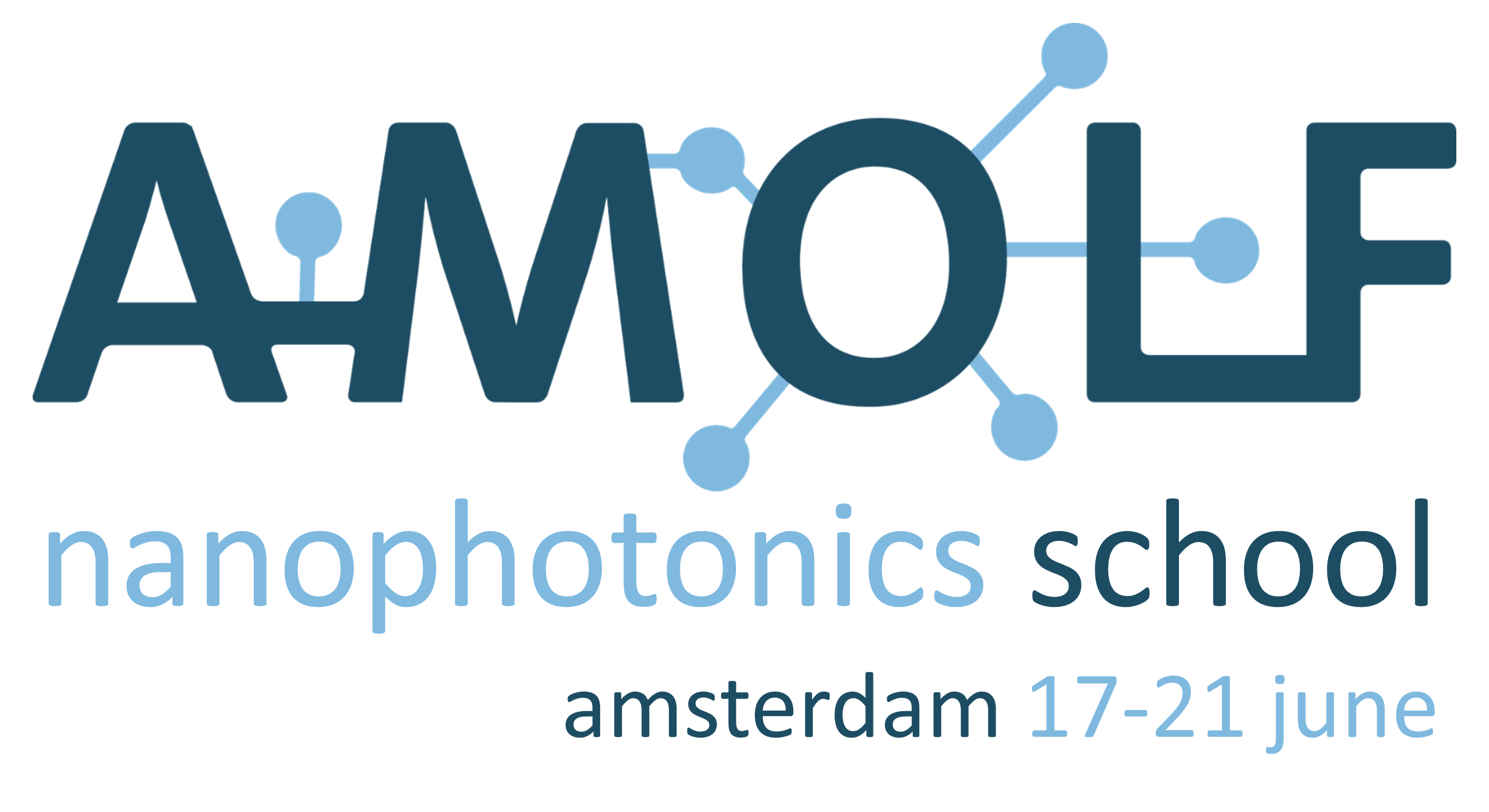Symposium ES19 – Excitonic Materials and Quantum Dots for Energy Conversion
Multi-excitonic processes in conjugated organic molecules and quantum confined semiconductor nanocrystals potentially allow the energy in photons to be directed as desired. Design of the molecular framework or material nanostructure will allow a wide range of optical, electronic and mechanical properties to be engineered for energy conversion. This symposium will emphasize the diverse applications of excitonic materials, including colloidally synthesized quantum dots, pi-conjugated systems, and their hybrid constituents, in applications ranging from photovoltaics to bioimaging. There will also be sessions focusing on fundamental materials properties correlating structure to photophysical properties, nano- and mesoscale order and composition to optoelectronic properties of thin films. The symposium will highlight recent progress and identify new directions in emerging, interdisciplinary areas of nanoscience.
Further Information
Register before 5 April 2019 for reduced rates!
More details are available on the event website: https://www.mrs.org/spring2019/registration













